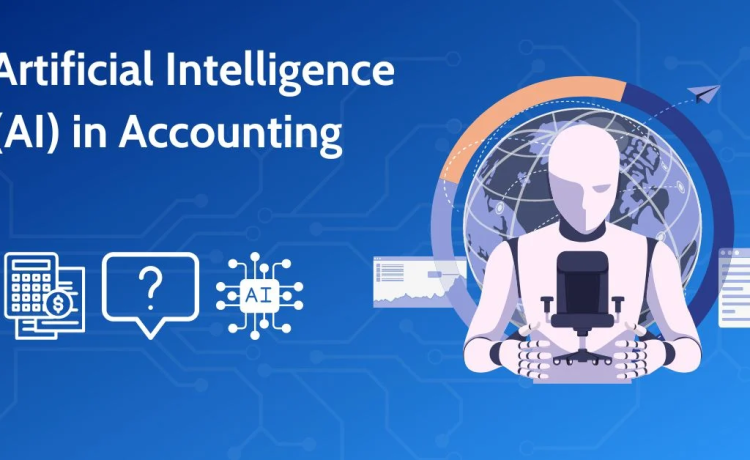In the meticulous world of accounting, errors can have far-reaching consequences, affecting everything from operational efficiency to strategic decision-making and stakeholder trust. Traditional methods of error detection and correction, often reliant on human oversight, are increasingly inadequate in the face of complex financial data and the demand for real-time accuracy. Enter artificial intelligence (ai), a transformative force poised to revolutionize the accounting landscape by not just detecting but preventing errors before they occur. This blog post explores the cutting-edge role of ai in enhancing accounting accuracy, focusing on advancements and applications that extend beyond the conventional error-checking mechanisms.
The limitations of traditional accounting practices
Despite advancements in software, traditional accounting practices remain susceptible to a range of errors, from simple data entry mistakes to more complex misinterpretations of financial standards. A study by ibm estimated that poor data quality costs the us economy around $3.1 trillion yearly, highlighting the significant impact of errors across all business sectors, including accounting.
Ai-powered predictive analytics
One of the most groundbreaking applications of ai in accounting is predictive analytics. By analyzing historical financial data, ai algorithms can identify patterns and trends, predicting potential errors before they occur. For example, if a financial entry deviates significantly from established patterns without a clear justification, ai systems can flag this anomaly for review, thereby preventing possible errors from being recorded.
Enhanced data entry with natural language processing
Natural language processing (nlp), a branch of ai, is revolutionizing data entry and transaction coding. Nlp enables accounting software to understand, interpret, and process human language, allowing for more intuitive data entry. This capability significantly reduces the risk of manual errors by interpreting the context of financial transactions and automatically categorizing them according to the correct accounting principles.
Real-time compliance monitoring
Ai systems can continuously monitor compliance with financial regulations and accounting standards, updating in real-time as new rules are implemented. This proactive approach ensures that all financial records are compliant from the outset, reducing the risk of errors related to regulatory misinterpretation. Furthermore, ai-driven compliance tools can offer insights and recommendations for best practices, keeping businesses ahead of regulatory changes.
Automated reconciliation processes
Reconciliation is a critical yet error-prone aspect of accounting, involving the matching of various financial records to ensure consistency and accuracy. Ai algorithms can automate and streamline this process, quickly identifying discrepancies between accounts, transactions, or financial statements. By flagging inconsistencies for human review, ai significantly reduces the time and effort required for reconciliation while enhancing accuracy.
Fraud detection and financial anomaly analysis
Ai’s capability to analyze vast datasets extends to the detection of fraud and financial anomalies. By learning from historical data, ai systems can recognize patterns indicative of fraudulent activity or erroneous accounting practices. This advanced analysis can detect issues that might elude even the most experienced financial auditors, providing an additional layer of security and accuracy.
The future of ai in accounting
The integration of ai into accounting practices is not just a futuristic concept but a present reality that is reshaping the industry. As ai technology continues to evolve, its potential to transform accounting practices becomes even more profound. Future advancements may include more sophisticated predictive analytics, deeper integration with blockchain technology for enhanced transaction security, and increasingly autonomous ai systems capable of managing complex accounting tasks with minimal human intervention.
Conclusion
The role of artificial intelligence in preventing accounting errors represents a significant leap forward in the pursuit of accuracy, efficiency, and compliance. By harnessing the power of ai, businesses can not only mitigate the risk of financial errors but also unlock new levels of strategic insight and operational efficiency. As ai technology advances, its integration into accounting practices promises to redefine the landscape of financial management, ushering in an era of unprecedented accuracy and insight.















